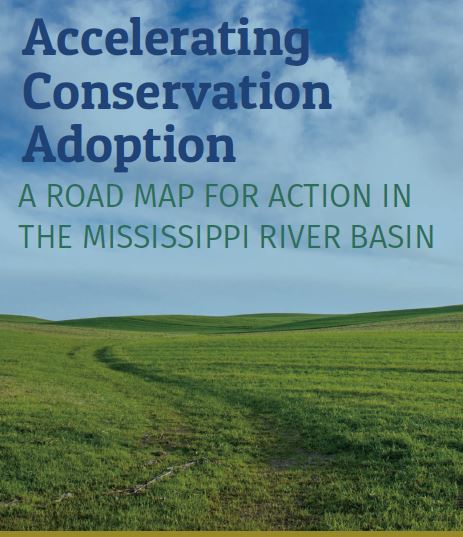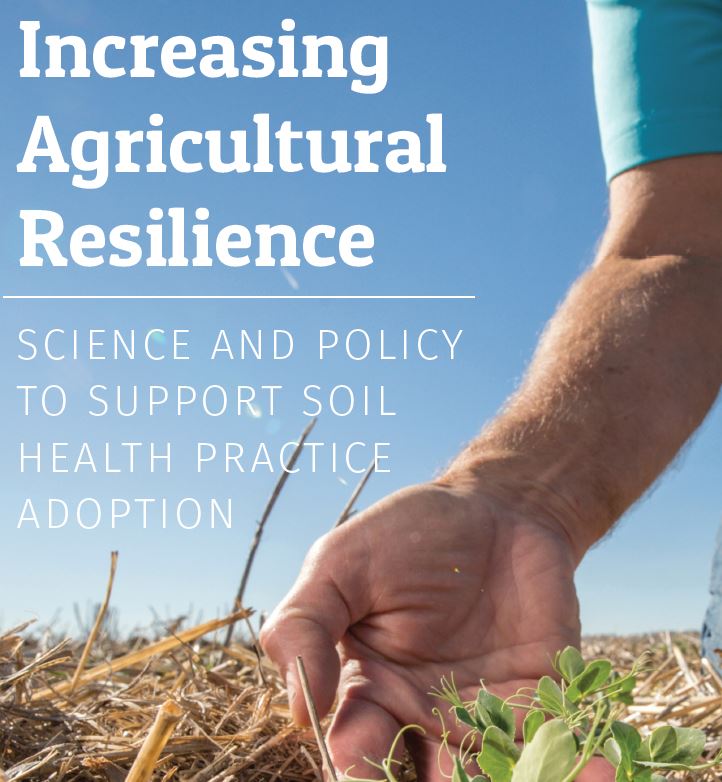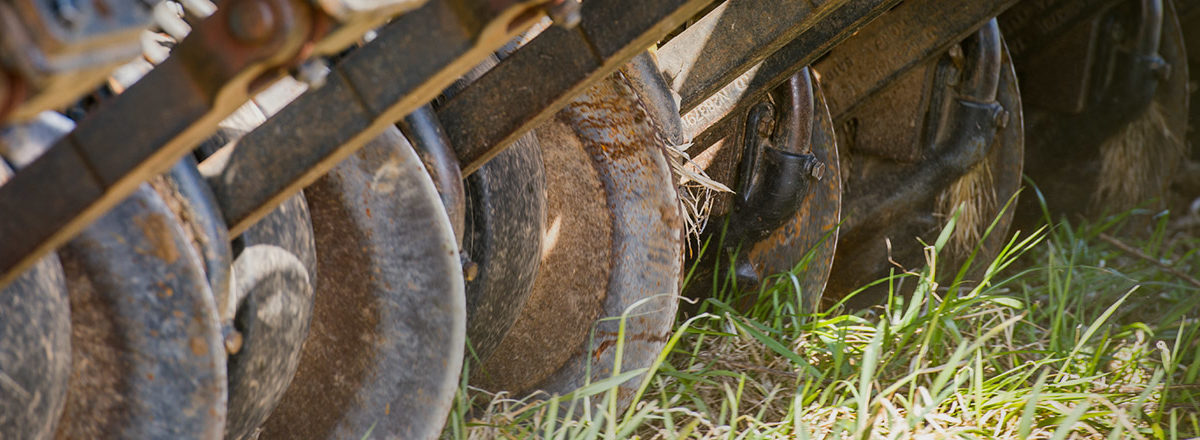See What We’ve Been Working On
Accelerating Conservation Adoption: A road map for action in the Mississippi River Basin

To identify scalable solutions for overcoming these barriers, National Wildlife Federation has developed a road map to expand conservation agriculture in the Mississippi River basin. This road map is a collective endeavor, drawing insights from diverse stakeholders including farmers, researchers, policymakers, and communities, to create a comprehensive strategy for the future. We have built on NWF’s existing outreach support programs, the Conservation Champions and Grow More professional development workshop, as well as our leadership in applying social and behavioral science to sustainable agriculture work. In early 2023, we conducted multiple case studies to better understand issues and potential solutions for farmers and other stakeholders to improve on-the-ground support. By forging new collaborations and partnerships, we aim to create a network of shared knowledge and resources that will empower stakeholders at all levels.
Connecting Conservation: Identifying Farmer Networks in the Great Lakes States
The National Wildlife Federation has supported farmer-led outreach through the Conservation Champions program since 2013. This program and others have long recognized the importance of farmers as change agents in agricultural communities. Despite this awareness, there are still gaps in our collective understanding of the presence and impacts of these networks on conservation outcomes. In 2022, NWF sought to identify farmer-centered conservation networks throughout the Great Lakes states to understand their extent better, capabilities, and needs to deliver actionable information and support to farmers across the region. Through various data-collection methods, including interviews, desktop research, and surveys, this work has identified over 200 farmer networks, resource agencies or program-supporting networks, and other types of organizations engaged in farmer-centered conservation efforts. Among these are 133 groups that we define as farmer-centered networks. Through our efforts, we have gained valuable insights into the activities and needs of these networks as well as some of the challenges in identifying and categorizing them. Read the full report below.

Risk has always been a part of farming and ranching. While farmers and ranchers have long excelled at adapting to and managing the risks associated with production, climate change is increasing the frequency and severity of these risks. Farming practices that restore and maintain healthy soils can increase the resilience of farming systems. Agricultural resilience is the ability of farms to manage and recover from disturbances. Resilience requires diversification across farming practices, operations, and capital assets to defend against disturbances like droughts, floods, and rising input costs. What if there were climate and earth-friendly ways to support this resiliency using soil health practices? This report highlights the importance of understanding current soil health management science, reducing barriers to practice adoption, and enhancing farmer-supportive policy.
Funding Opportunities
We seek outreach teams that can develop outreach messages that address one or more of these communication frames in a real-world setting, such as at field days, workshops, demonstration events, or virtual meetings. NWF is interested in outreach that incorporates alternative frames such as risk management, problem-solving, and legacy planning. Up to $3,000 in funding is available for groups in the Mississippi River Basin. View the document below for additional submission details and deadlines.
Cover Crop Roadmap
How Cover Crop Impact Water Utilities
Cover Your Costs: Sustainable Agriculture Solutions for Cost-Effective Water Treatment
Utilizing Cover Crops on Leased Land
Public Lands: Improving Environmental Performance on Agricultural Leases
How to Successfully Implement Cover Crop Requirements in Public Leases


